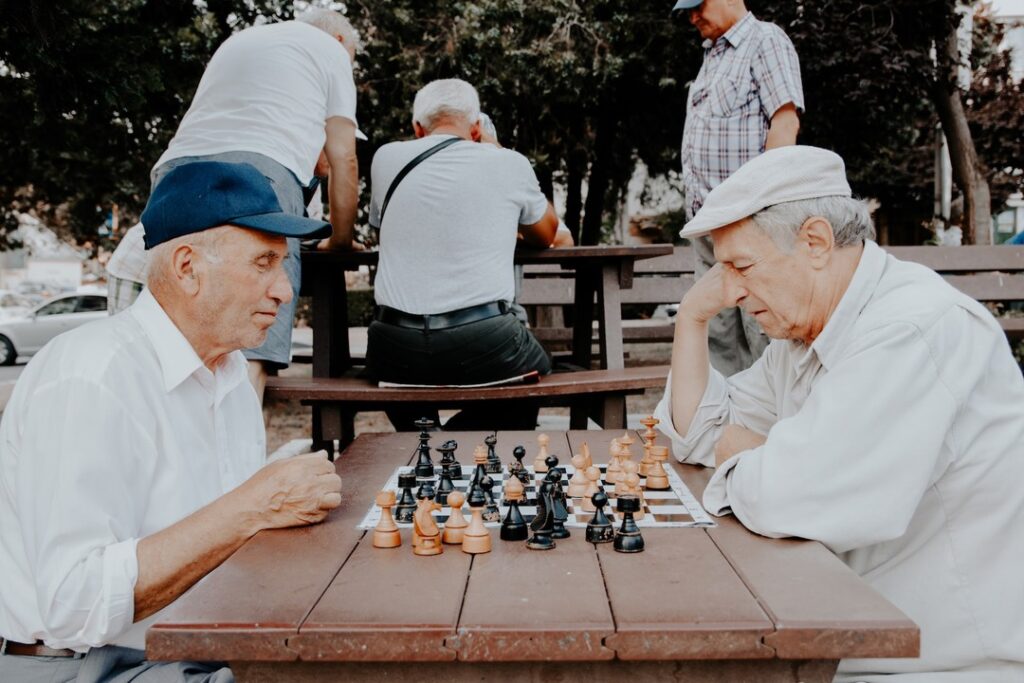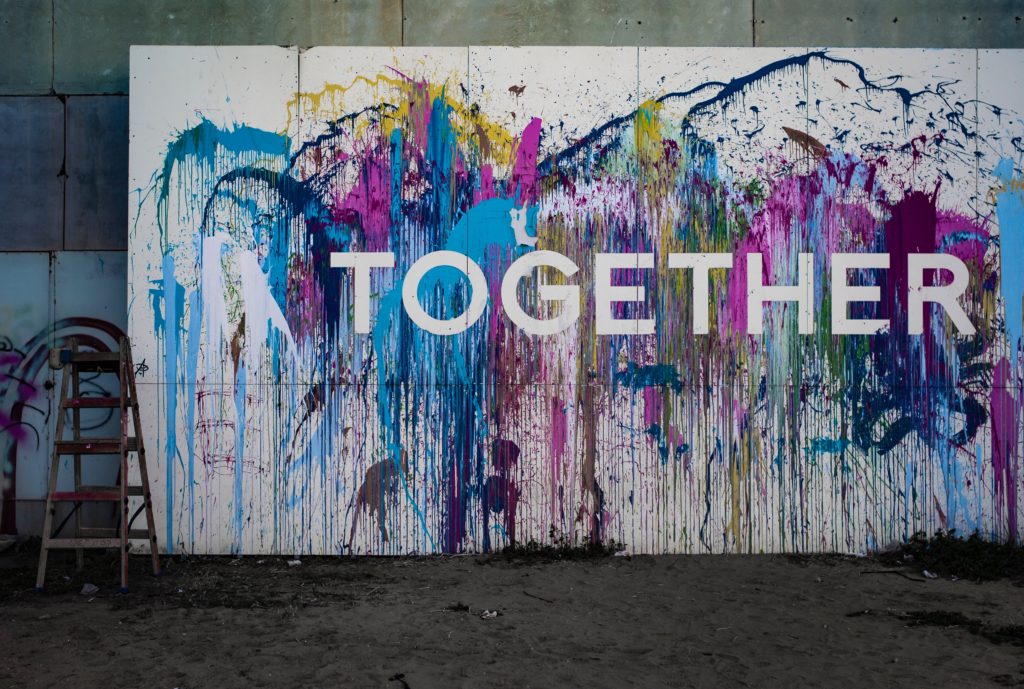Loneliness, social isolation and quality of life for the elderly: they’re all linked.
The Guardian this week reported on the upcoming release of the report The Generation Strain by the IPPR think tank about the growing strain on the delivery of social services to the elderly in England and the increasing loneliness and isolation being seen as a result.
It’s a fascinating article that deserves to be read by anyone with an interest in the issues related to what is emerging as one of the biggest challenges to social inclusion for older adults today.
In Britain, relatives and friends provide £55bn a year of unpaid informal care. IPPR is now forecasting that in 2017, for the very first time, the number of older people in need of care is expected to outstrip the number of family members able and willing to give help. “Thousands of people could be left to cope on their own when they need care in the future, with overstretched services unable to make up the shortfall,” says Clare McNeill, author of the report.
There is, however, room for optimism, with a number of local council initiatives underway trialling new approaches to generate greater community engagement. Perhaps there could be a role in all of this for Tapestry too.
Have a read of the Guardian article here and let us know what you think in the comments!




I read the article. Upshot: data showing there are increasing numbers and proportions of aging/elderly people. The rate of those without sufficient or better social/functional support is increasing, as well, as a result of several factors. Yet, there’s been a decline of about half and so far fewer people availing “day care centers”.
That last item really struck me. If loneliness and support facilities are so highlighted, why such a drop in participations? Something key is going on there.
I’m in the U.S., not England, so the general milieu is somewhat different from the article’s context, although basic issues are similar or same. Our societies and culturals have changed and continue to, in some fundamental ways that then affect those of us more on this end of life now.
In just recent years, I notice how differently I am becoming perceived and treated by more and more people. And how my own ranges of abilities and mix of participations are , too. Yes, some of these factors sure can result in increasing isolation, without clear alternatives or viable solutions further ahead.